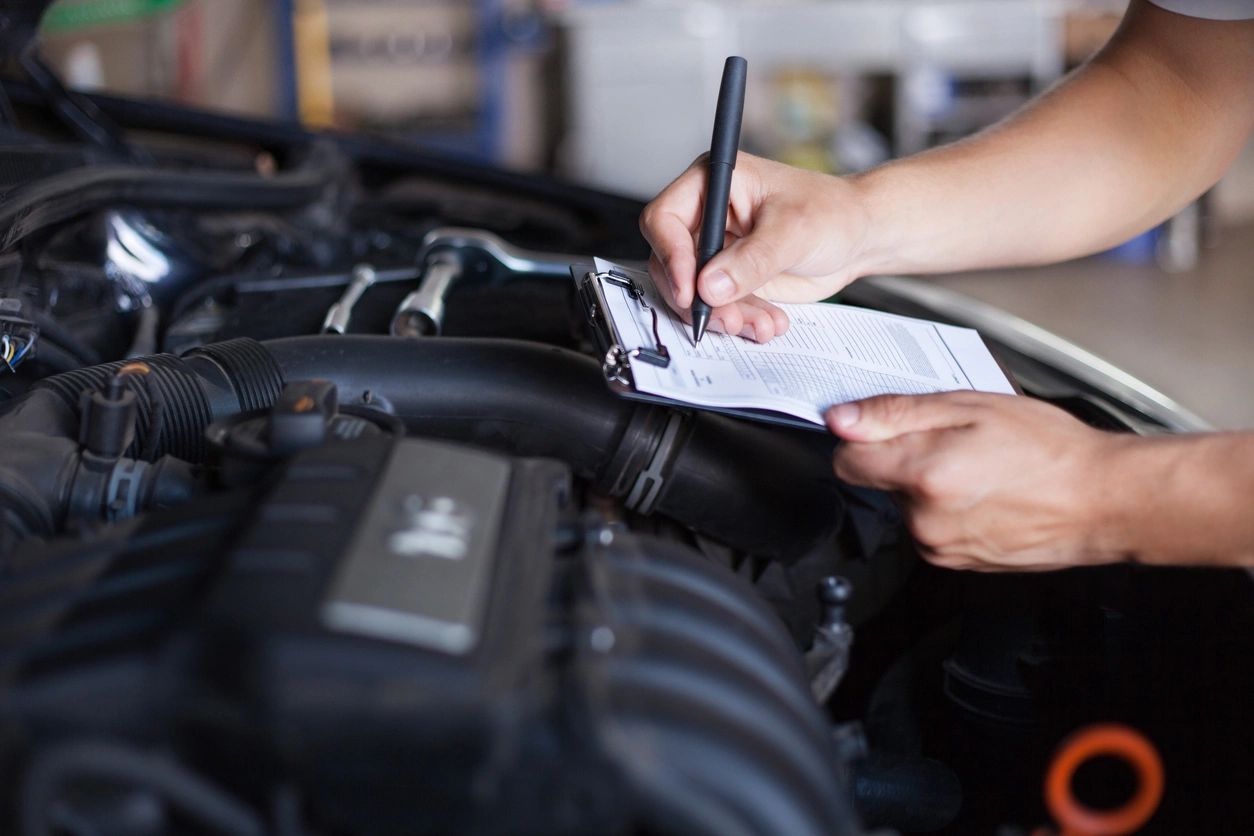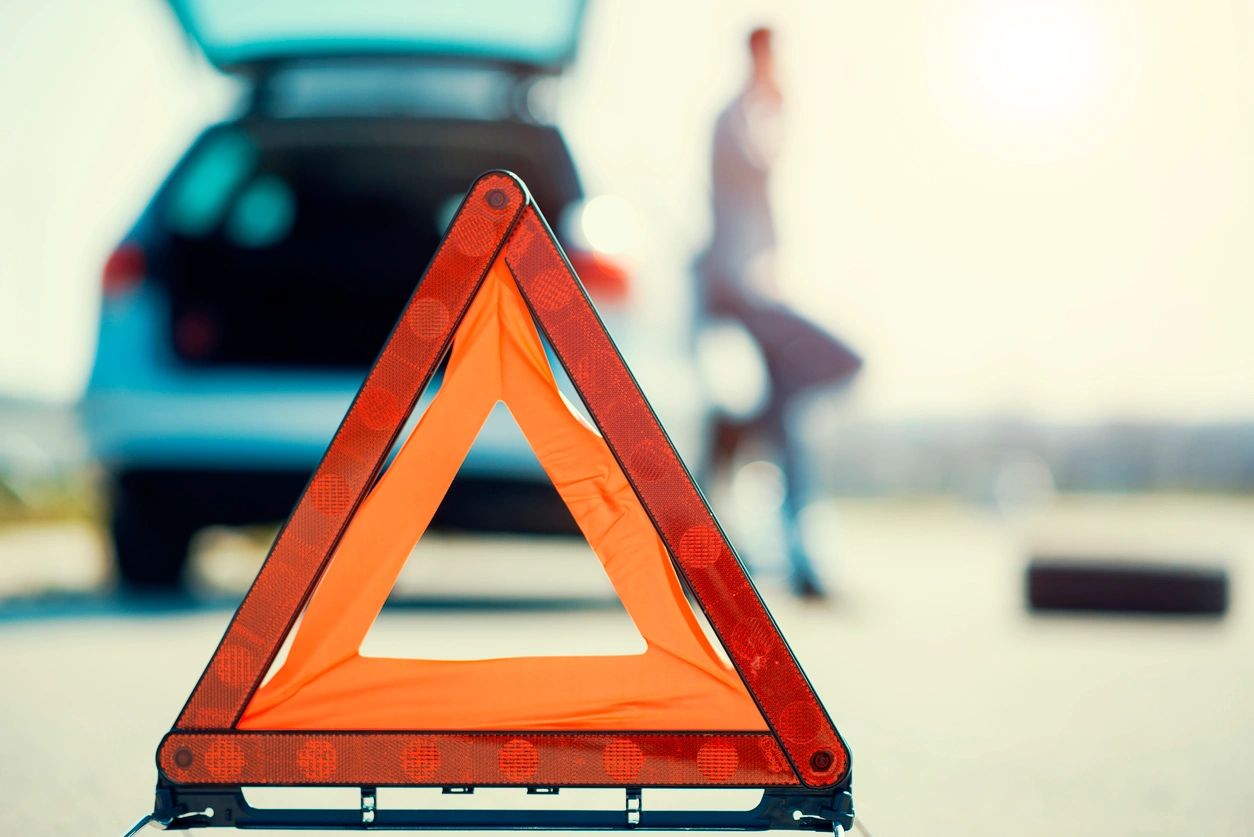5 Common AC Issues
1. Your Fans Have Gone Bad
Faulty fans are potentially the most common car AC problem, whether you drive a domestic Ford or foreign import Mitsubishi. When the fans break, they stop blowing cool air over your condenser. As a result, your condenser begins to emit only hot air, which won’t help cool down your car.
Rocks and debris on the road could crack the fans and lead to poor cooling performance. Blown fuses, electrical problems, or worn belts can prevent the fans from spinning altogether. AC fan repair is complex electrical work, so if you notice your fans aren’t moving, bring your car in for AC maintenance and repair.
2. You Have Electrical Issues
Problems with your car’s electrical wiring can prevent current from flowing from the battery to the AC system components. Naturally, they can’t work without power and you won’t get any air from your cooling system.
Electrical issues can be very difficult to diagnose. Sometimes they’re caused by obviously frayed or broken wires, but even a seemingly intact wire could have broken inside the insulating surface. Discovering the cause of electrical problems requires a thorough, professional inspection.
3. The Condenser is Blocked
Your car’s condenser is responsible for cooling hot refrigerant after it finishes circulating through the AC system. The air flowing through the front of the moving car does most of the work to keep the condenser cool. But if dirt and debris clog the condenser, it will struggle to cool the refrigerant, leading to poor AC performance.
Luckily, you can usually fix this issue without extensive repairs. Simply check your vehicle’s front grille and clear any leaves, dirt, and other material that could be blocking it. It’s a good idea to clear the grille regularly to maintain your AC.
4. The Condenser is Broken
But what if you cleaned the grille and you’re still not getting cool air out of your AC vents? In this case, it may be that your vehicle’s condenser is simply broken.
Rocks and other objects on the road can fly into your engine compartment and punch a hole into your condenser. The condenser could have also given up the ghost because of regular wear and tear.
If your condenser is broken, there’s no easy method to fix it. In most cases, you will need to get an experienced auto AC repair technician to replace the component.
5. Your Compressor Is Dead
The compressor is the single most important component of your car’s AC. It’s responsible for circulating refrigerant through the system. If it fails, there will be no cool air coming through your vents.
Lack of regular use is the most common reason why compressors fail. This is a particularly common car AC problem in northern Virginia with our long and cold winters. If you let your AC stand idle for months and then turn it on in the spring, you can shock the compressor and cause it to break.
Unfortunately, the only way to fix a dead compressor is to get a technician to replace it. You can extend your compressor’s lifespan by running the AC at full blast for 15 minutes once a month — even in the middle of winter.



